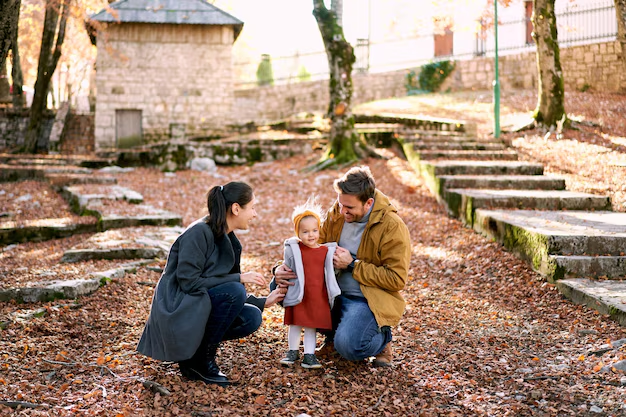How to Become a Foster Parent in Virginia: Essential Degrees and Certifications
Becoming a foster parent in Virginia is a noble endeavor that provides children with the stability and care they deserve. While there are no specific degree requirements to become a foster parent, equipping yourself with the right knowledge through education and training can significantly enhance your preparation for this important role. Many institutions offer certifications and degrees that can be beneficial. These include courses in child psychology, child development, and social work, which can provide valuable insights into the behavioral and emotional needs of foster children. Moreover, pursuing formal training programs endorsed by Virginia's Department of Social Services can help prospective foster parents understand the legal and procedural aspects of fostering, thus ensuring a smoother transition into this fulfilling path.
To ensure you are well-prepared to welcome a child into your home, consider exploring educational opportunities that align with fostering requirements. Not only do these programs enrich your understanding and capabilities, but they also reflect a commitment to the well-being of the children in your care. Structured training often covers essential topics such as trauma-informed care, crisis management, and effective communication strategies, all of which are crucial for creating a supportive environment. By pursuing these educational paths, you will be better equipped to provide a nurturing home for foster children while simultaneously fulfilling personal development goals.
Relevant Degrees, Certificates, and Licenses for Virginia Foster Parents:
- 🎓 Bachelor’s Degree in Social Work (BSW)
- 📜 Certification in Child Development
- 🎓 Master’s Degree in Psychology or Counseling
- 📜 Trauma-Informed Care Training
- 🎓 Child Welfare Certificate Programs
- 📜 Virginia Department of Social Services Foster Parent Training
